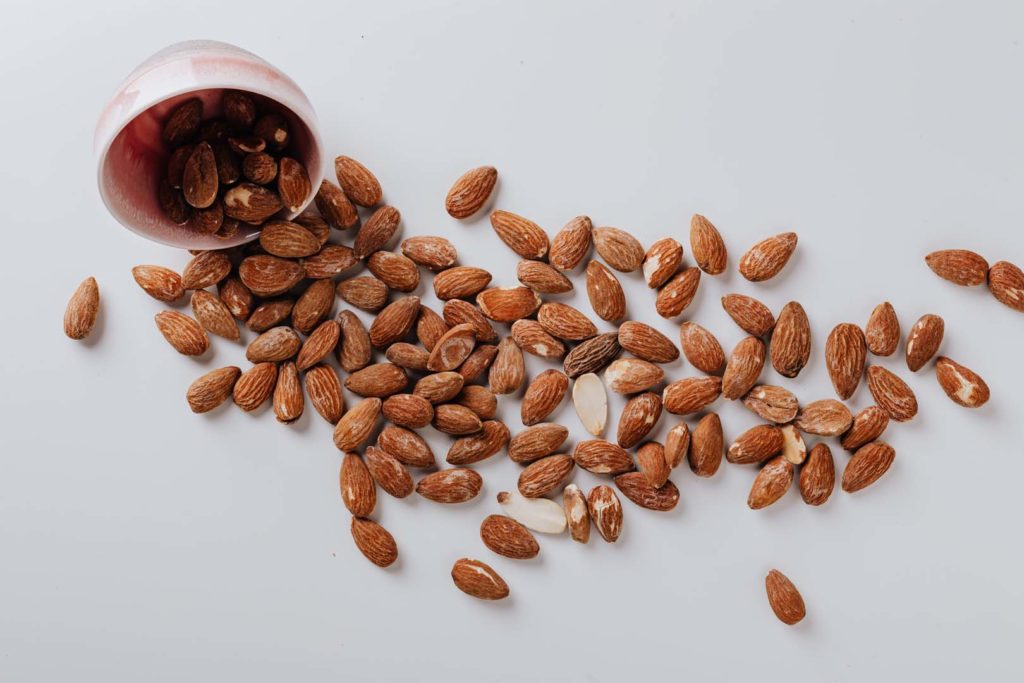Protein…The Building Blocks For growth and Energy
What protein should I eat? Should I get my protein through meats? How about chicken, or nuts? Or maybe through beans and quinoa, or buckwheat or one hundred more suggestions out there. Should I try powdered protein? What about capsules?
Proteins are a key macronutrient for muscle building that also provide calories and energy. There are three macronutrients: protein, fats and carbohydrates. Proteins are the basic component of living cells.
Today there are plant-based powder proteins that contain all the needed amino acids and are properly and perfectly balanced. These products are excellent to avoid overeating protein through many available food sources.

You can get protein from several foods (make sure that all sources are organic):
- Red meat. Is a remarkably high source of protein, however it takes approximately 3 days to completely digest in your system. Meat that is not organic is full of hormones that are damaging to your health. Make sure to eat organic meat only.
- Chicken or fish. Fish is not only high in protein but it is also full of fats and omega-3 fatty acids that are essential for the body. Fish is also high in potassium magnesium, vitamin D and A. Organic chicken is an alternative to red meat. It takes far less of a time to digest in the body and is high in protein.
- Nuts and seeds. Are high sources of protein and also high in fiber and what is normally referred as “good” fats. Nuts and seeds are excellent as additional ingredient to salads hot or cold. They are also very handy as snacks when you can’t get to a “real meal” and need added energy.
- Powdered proteins. This protein is good for young athletes, or those that exercise a lot. Powdered proteins are good when you are recovering from an injury and you are weaker than normal when exercising. The most familiar types of protein on the market today are whey, casein, and soy. Whey and casein are milk-based proteins, while soy is the better choice for vegans or anyone with a dairy allergy.
- Tofu and Soy. These are exceptionally good meat alternatives for protein. They are high in protein and low in fat. Ask your doctor if you have any condition that should limit your soy intake.

There are many other sources of protein but the one common problem is to be able to properly balance your protein intake with your other foods without overeating or ingesting foods that are processed and void of the needed protein while containing damaging chemicals and preservatives. Increasing protein can also cause calcium loss, so make sure to get plenty of calcium (1,000 to 1,200 mg per day).
Protein supplements may not be safe for older people with renal disease or people who have recently undergone surgery on the digestive system. Some ingredients may even interact with prescription medication, so check with your doctor or pharmacist before using. Drink plenty of water to stay hydrated at all times.
Don’t be fooled by protein bars and protein drinks, for they’re usually loaded with added sugars and carbohydrates. So read ingredient labels and if you don’t understand the ingredients…don’t buy the item.
Too much protein can also be harmful to people with kidney disease, diabetes, and some other conditions, eating the right amount of high-quality protein. Please consult your family physician on the safety of your protein consumption.
© Copyright – Hector Sectzer

















